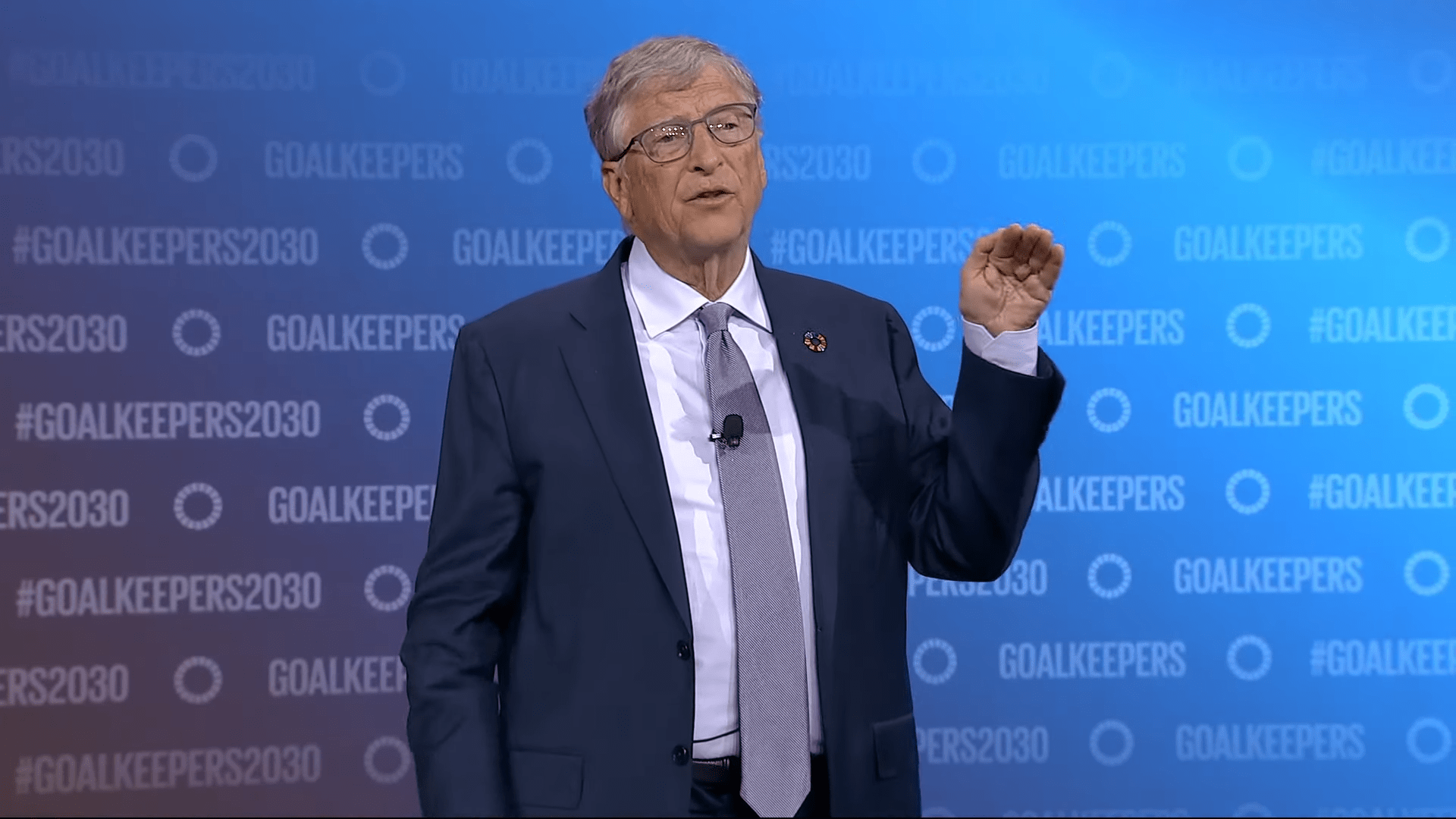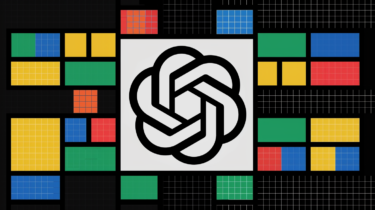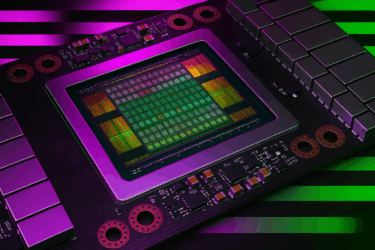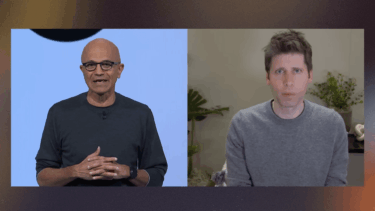The buzz around generative AI is huge, in part because the technology has evolved so rapidly in such a short time. Can it keep up the pace?
In an interview with the German business newspaper Handelsblatt, Microsoft founder Bill Gates says there are many reasons to believe that GPT technology has reached a plateau.
There are "many good people" working at OpenAI who are convinced that GPT-5 will be significantly better than GPT-4, including OpenAI CEO Sam Altman, Gates says. But he believes that current generative AI has reached a ceiling - though he admits he could be wrong.
As a benchmark for what he sees as a major quality improvement, he cited the big jump in quality from GPT-2 to GPT-4, which he described as "incredible."
It is currently unknown when OpenAI will begin training on GPT-5 or release the model. The company is rumored to be working on several prototypes with the primary goal of increasing model efficiency to reduce inference costs.
Two to five years to cheaper, more reliable AI
Still, Gates sees great potential in today's AI systems, especially if high development costs and error rates can be reduced and reliability improved. He believes this can be achieved in the next two to five years, making generative AI viable for medical applications such as drug development or health advice.
Gates does not believe that Nvidia has an absolute advantage when it comes to chip knowledge. While it is true that everyone wants Nvidia chips right now, Gates says that Google, Microsoft, Amazon, and five to ten other companies are developing competing offerings.
"All of these semiconductors are made by specialized companies using the same chip tools. Believe me, the availability problem will be solved, whether it is with a chip from AMD, Amazon, Google, or Microsoft," says Gates. OpenAI is also reportedly looking into developing its own AI chips.
Another important milestone, according to Gates, is the development of understandable AI. "It's weird, we know the algorithm, but we don't really know how it works," says Gates. He believes this task will be fully solved in "the next decade.
While Gates is no longer officially involved in Microsoft's day-to-day operations, he continues to serve as an advisor and is familiar with OpenAI's leadership team and ideas. Microsoft is OpenAI's largest shareholder with a 49 percent stake.
In February 2023, Gates told Forbes that he didn't believe OpenAI's approach of developing AI models without explicit symbolic logic would scale. However, OpenAI had convinced him that scaling could lead to significant emergent capabilities.







